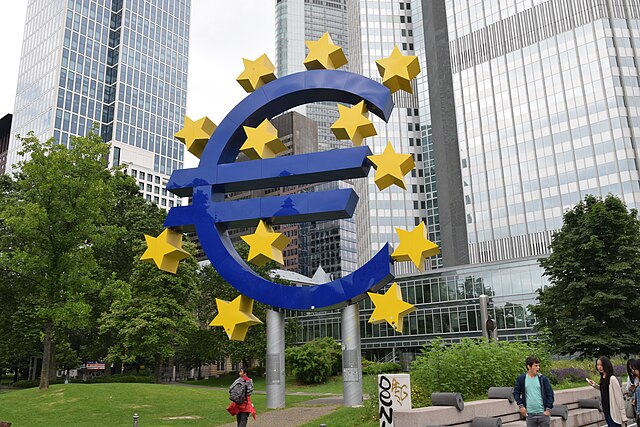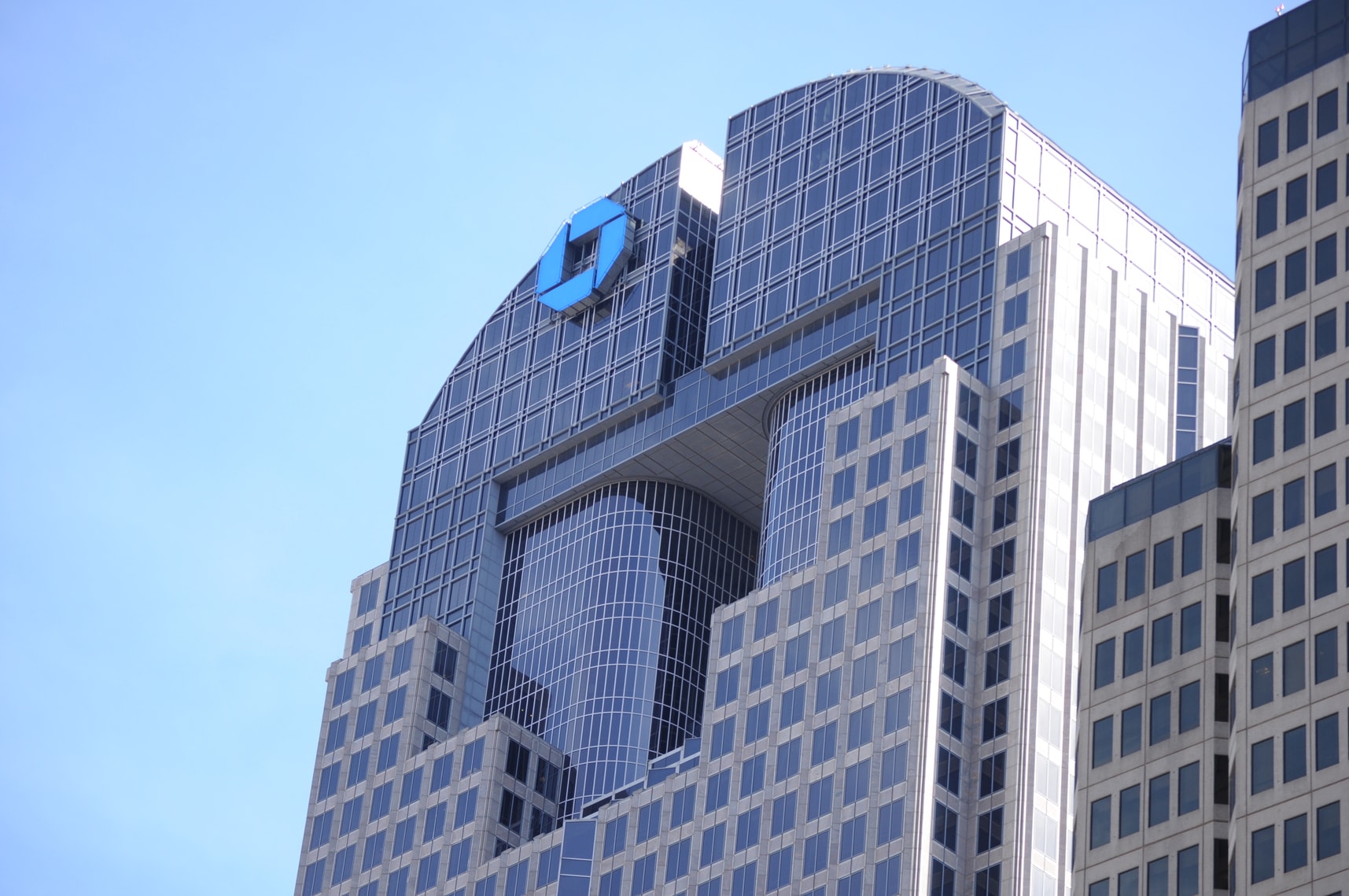Why has sustainability changed from being merely a catchphrase to becoming a vital commercial driver for solution suppliers?
Well, sustainability measures for IT solution providers are now essential to corporate plans, whether they are used to manage growing electricity and cooling expenses in data centres or to lessen carbon footprints. Businesses that don’t adapt run the risk of slipping behind, particularly as sustainability becomes more and more important due to government requirements, customer expectations, and operating costs.
Why sustainability is good for business
For companies like CTL, a custom system builder in Portland, Oregon, sustainability is more than just optics—it’s good business. Thus, it has become an integral part of their business model. Chairman and CEO Erik Stromquist believes the company’s focus on sustainability and its B Corp certification have helped secure deals, particularly with government and education customers prioritizing environmental responsibility. As Stromquist notes, “We’re seeing it help in RFPs. That resonates with our customers’ priorities.” In today’s market, sustainability has shown the ability to influence the deal-making process, and certifications like B Corp are crucial tools for closing sales.
The high costs of ignoring sustainability
The cost of electricity is rising, particularly due to power surges and cooling costs, putting solution providers under pressure. For example, U.S. electricity prices have risen from 13.4 cents per kilowatt-hour in 2020 to 17.8 cents in 2024. The growing power demands of AI technologies, which consume over 500,000 kilowatt-hours daily, make a simple problem worse. Moreover, businesses must comply with new regulations such as the EU Deforestation Regulation and the SEC’s climate disclosure rules, increasing the importance of sustainability to the forefront of IT operations.
Related Article: 4 Steps Toward Business Sustainability | Embedding Sustainability in Business Operations Pays Off, Study Finds.
Beyond data centers: Sustainability in product life cycles
Sustainability isn’t just about power consumption in data centers, it also considers the entire lifecycle of products. Companies like Cognizant and Mainline Information Systems are helping clients reduce their environmental impact by rethinking product design and production. As John Mennel of Monitor Deloitte points out, sustainability now saves money for many businesses, transforming from an added expense into a financial advantage.
Sustainability as a differentiator
In both the U.S. and Europe, sustainability is becoming a core business strategy, because today’s customer concerns himself with the sustainable future. World Wide Technology (WWT), for instance, has developed a comprehensive sustainability practice, focusing on technology which can improve sustainability and energy reduction. However, as Brendan Walsh of WWT notes, the rise of AI has created new challenges, and companies need long-term sustainability plans to stay competitive. With an ESG reporting tool, solution providers can stay ahead of regulations, optimize power consumption, and reduce environmental impact through actionable, data-driven strategies.
The future of business is sustainable
IT Sustainability Practices are now a driving force in business. Companies from countries like the US and UK have started optimizing their business strategies with the help of sustainability. With tighter regulations and growing customer expectations, companies that adopt sustainability practices will gain a competitive edge. Solution providers must integrate sustainability into their business models not just as a regulatory requirement, but as a key strategy for growth and innovation. The time to act is now.
Adopting Klimado ESG tool ensures not only regulatory compliance but also a competitive edge, helping businesses grow sustainably while meeting customer expectations for transparency.
***
This article is referenced from Sustainability Practices Driving Business For Solution Providers (crn.com) by CRN
Editor’s Note: The opinions expressed here by the authors are their own, not those of Impakter.com — Cover Photo Credit: Florian Krumm














